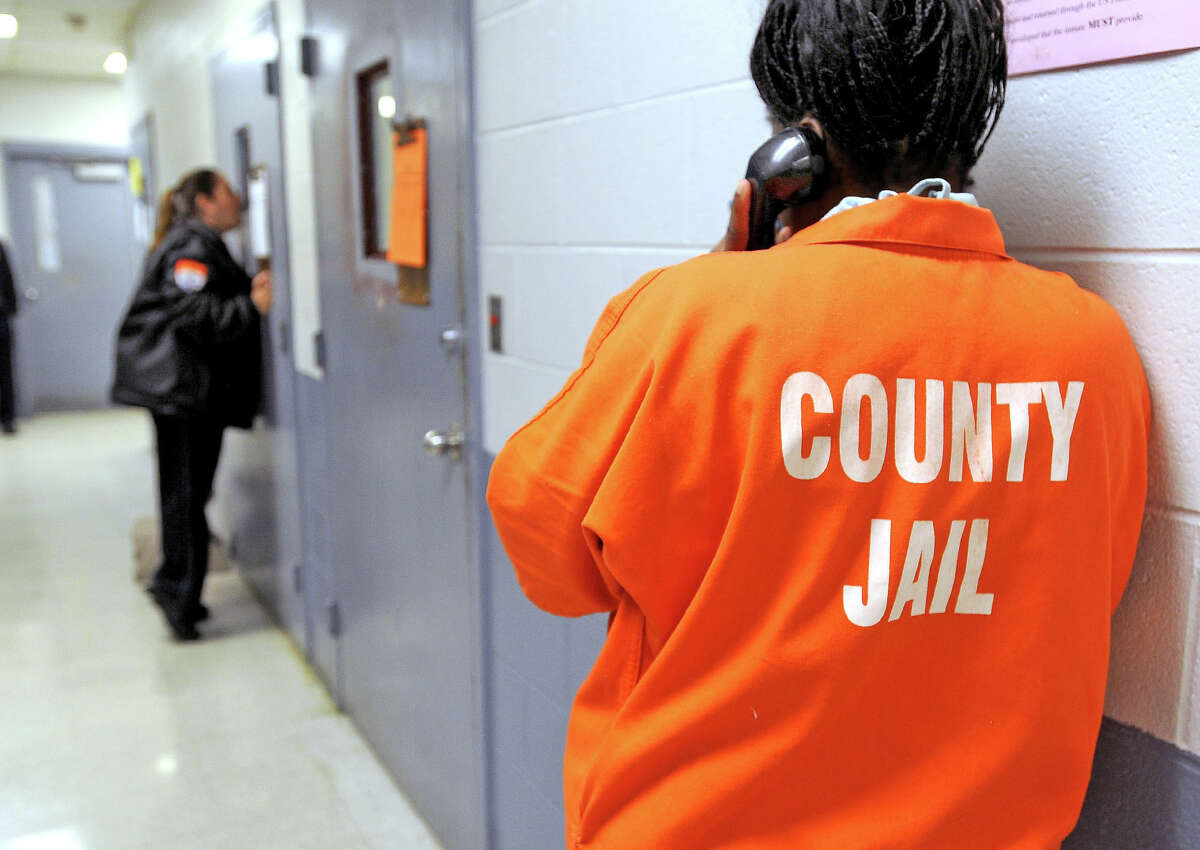Phone Scams On The Rise - Letter From the Chief
This ran as Letter from the Chief in the newsletter from the Department of Public Safety where I serve as a reserve investigator.

You answer your phone, the hoarse voice at the other end says, “Grandpa?”
This is the introduction to one of the five most common phone scams in America today: the “Your Grandson Has Been Arrested” swindle.
Scammers dial numbers at random, hoping to get an elderly person at the other end of the phone. As potential victims, we make his day when he says, “Grandpa?” and we answer, “Jimmy?” because now they say, “Yes!” and we are convinced it’s our grandson, Jimmy - and boy, he sure sounds like he is in trouble.
“Jimmy” will tell you he has had a car wreck, and his throat was injured when he hit another car so his voice is hoarse and it hurts to speak – but his “lawyer” will explain everything. Now, “Jimmy” hands the phone to his “lawyer” - who convincingly tells you Jimmy crashed into a car being driven by a woman, who is now in the hospital, and it is feared she may die.
“Jimmy” has been arrested for reckless driving, and is being held in some place far away - El Paso, Miami, Los Angeles…
There are two problems: first, “Jimmy” needs bail money of $5,000, or he will have to stay in jail until his trial, some months from now - and oh! The jails? They are an absolute scandal!
By now, you’re probably quite determined to help. But, oh, no! There’s a second problem! “Jimmy” wrecked the other driver’s car, and the tow and repairs cost $9,000!
The “lawyer” patiently explains that the jail can’t take credit cards, or checks. If you might possibly send down cash by express mail - he will helpfully tell you that, to avoid getting robbed by dishonest UPS carriers, you should take some magazines, and intersperse $100 bills into the pages, and put it in an envelope. Then go to your nearest UPS Store and send it Priority Overnight - that is important!.
When he gets the money in the morning, the “lawyer” can get Jimmy out of jail.
This scam is run hundreds of times a day on unsuspecting citizens across the country.
It’s a challenge to investigate because the swindlers use pre-paid, anonymous mobile phones; the cash you send gets to the thieves within as little as 12 hours, and many local law enforcement agencies can’t move that quickly.
Similar scams state that the grandchild has been kidnapped and needs ransom money, or that there is a warrant for their arrest. In a related variant, an “agent” from the Internal Revenue Service or the US Marshals Service calls, saying that the warrant is actually for YOU (for not paying taxes, or for harboring, again, your grandchild), and only cash payment (or sometimes, a bank or cryptocurrency transfer) can solve the problem.
Steps To Take
Be aware when answering your phone. If someone calls and says, “Grandma?” - ask yourself if this makes any sense.
One victim told us, “After I sent the money, I thought about it and realized he called me ‘grandma’, but actually my grandson has always called me ‘Nanna’.” So be attuned, and don’t give in to emotion or pressure to act quickly.
Ask, “Who is this?” and see if they give your actual grandchild’s name (and then see if you can recognize the voice) - or even better, make up a name and ask: “Andy?” - if they say “Yes,” then you know it’s a scam.
Ask questions.
- What police department made the arrest?
- Where are you being held, in what jail?
- What are the specific charges he is being held on?
If they don’t give specifics, again, you know it’s a scam.
Don’t be Pressured They will often find a reason why you need to act quickly, to put more pressure on you.
Sometimes they will imply that by paying now, you can help “Jimmy” get away from the clutches of the police, who are corrupt and want to hurt him. Remember: Time is on your side, not theirs.
Call Us
The best bet after you hang up is to call your local police department, and explain the situation - our officers can call and confirm the story and, in the off-chance it’s real, advise you on how to proceed.
Here are some things to do to help the police help you: • Note the number they are calling from, and the time of day.
- Pay attention to the details - write them down - including the method they told you to use (UPS, FedEx, etc) and the address where they want you to send the money.
- Even if you’ve already sent the money, call us: it is sometimes possible for us, working with UPS or FedEx security, or the US Postal Inspection Service, to intercept a package. But we need to know about it.
- And of course, the best thing is not to send it in the first place.
